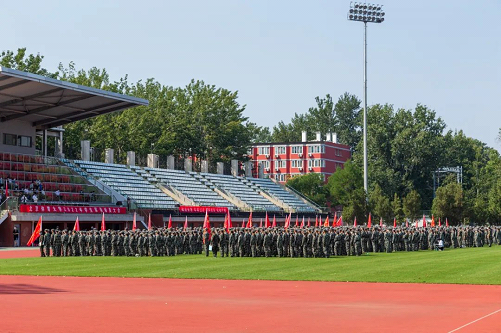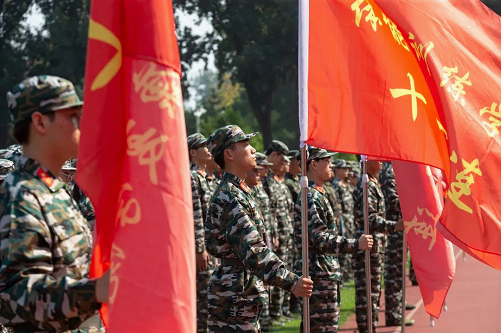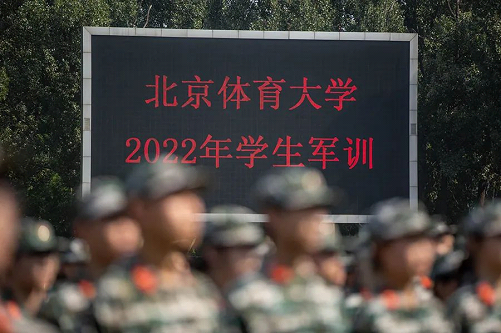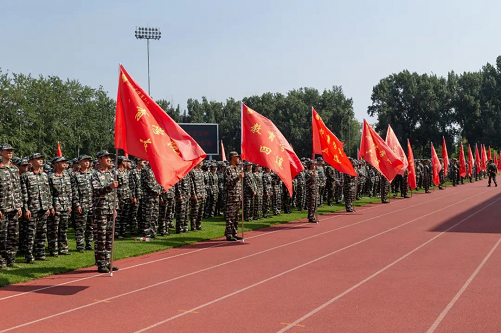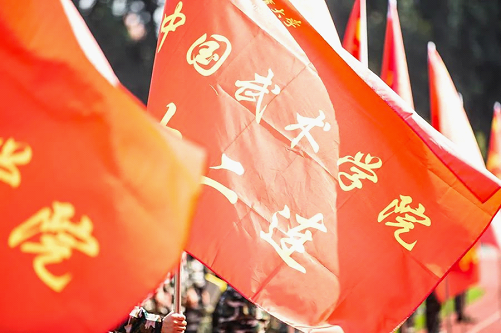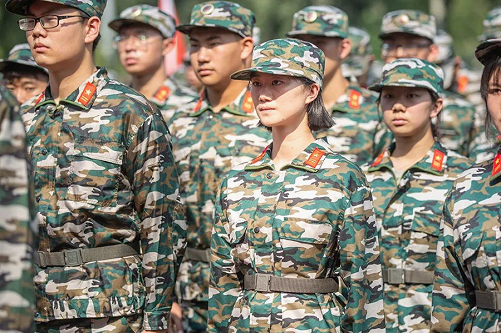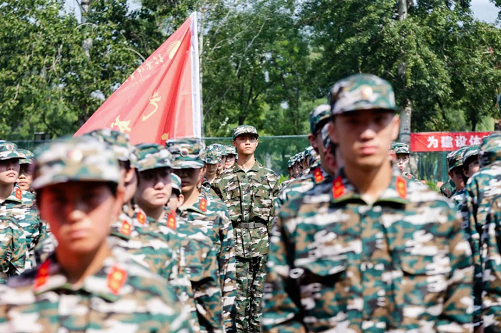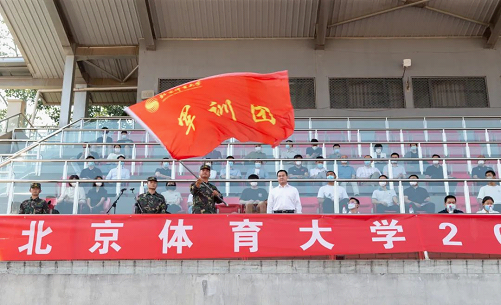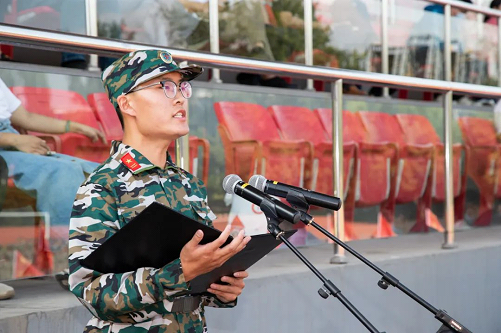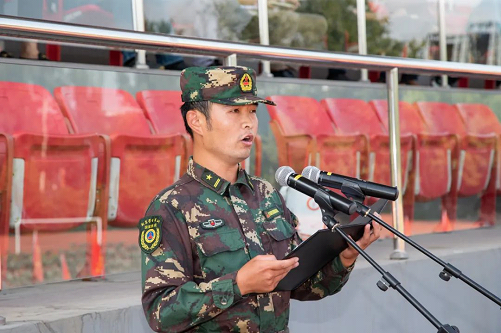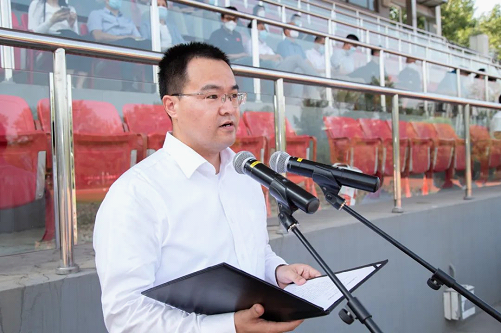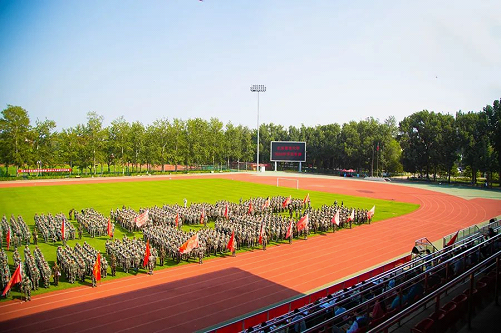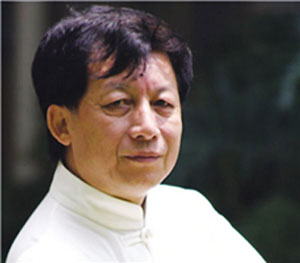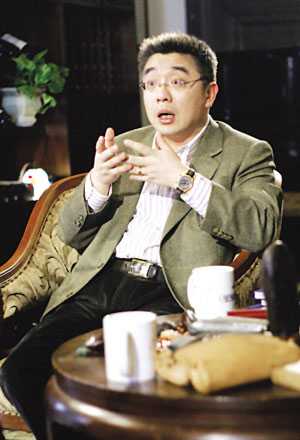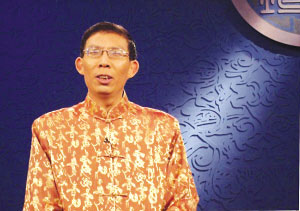Naixue new "hot and sour fruit tea", the end of tea is cooking?
Wen | Kamen
Edit | Xiaoxi
On March 24, Naixue launched a new product, Domineering Crispy Mangguava, which unlocked a hidden way to eat: with Chili powder, it became a hot and sour fruit tea.
Not long ago, a new series of "Oriental Spices" was put on tea as soon as possible, and the flavors of perilla, fennel and pepper were added to tea.
Looking back on the past year, cinnamon, cloves, ginger, coriander and other ingredients have also been used in tea, and brands such as Tea Hundred Road, Book and Herb are all in use.
Can these raw materials for "cooking" sell a cup of tea?
01 "I saw Chili powder in Naixue, but it was really caught."
Yes, you are right. Naixue’s new product actually contains "Chili powder".
Recently, Naixue’s tea has a new domineering crispy mango guava. Inspired by Chaoshan licorice fruit, the crispy mango and guava are compounded, and it is sour and fragrant with duck excrement tea base.
The most surprising thing about this new product is that the official gave away Chili powder and sour plum powder, and shared a hidden way to eat it.

The fact that Chili powder was served in the tea shop also "held" this well-informed netizen.
Many netizens have exposed this new product on social platforms, and many others said that Naixue is too good at playing, tastes amazing and tastes delicious unexpectedly.
Some netizens also commented that "(fruit dipped in pepper) is a way of eating that Guangxi sisters have always said, and this time it was actually realized in Naixue."
Not only Chili powder, but also tea developers have begun to "look for explosives from the kitchen".
For example, stewed star anise and cinnamon, pepper, coriander and ginger used for cooking have all been used to make tea.
Last Wednesday, Juancha launched a new "Great Spice Series" in the store, including three new products: Perilla Jasmine Lemon Tea, Fennel, and Daidai Pepper. Various spices such as Perilla, Fennel, Pepper and Ginger were used.
In fact, spices have been used in tea for a long time, and some of them have even become classic models, and their sales performance is also good.
For example, when lemon tea became an explosion in summer, many brands, such as Wang Ning and Lin Xiangning, were all on "Coriander Lemon Tea", and there was also a topic of "Coriander Lemon Tea" in Weibo, with a reading volume of 76.259 million and 35,000 discussions.

In winter, with the popularity of hot red wine, the exposure of cinnamon and clove in the tea circle has obviously increased.

At the end of tea, has it changed from "eight-treasure porridge that can be eaten" to "a dish that can be drunk"?
I asked many tea drinkers their opinions. Some people think that the way spices are introduced into tea is too exotic and the taste acceptance needs to be considered, so they hold a wait-and-see attitude.
However, some tea drinkers think that if the flavor is special, it can be made into brand characteristics, which is worth trying.
When spices are added to tea, can they make customers shine?
What is the potential of spices in tea?
Let’s talk about "spices" first. Its category is actually very complicated.
Spices can be roughly summarized as "substances that can be smelled or tasted by the sense of smell", which can be roughly divided into natural spices and synthetic spices. There are 1,500 kinds of natural spices and more than 6,000 kinds of synthetic spices.
Colorful, cinnamon, citronella, mint and other spices have been used by tea brands in the past two years. Interviewing many R&D personnel and combining with the actual situation of the brand, I summarized the potential of spices in tea:
1. Show "traditional hometown flavor" with spices.
Since last year, the idea of regional characteristics and drinks has made many tea brands find differentiated ideas. Adding spices to drinks is also a form of showing "traditional hometown flavor".
For example, as soon as possible, the new "Great Spice Series" was launched. Cui Yuqi, who developed as soon as possible, told me that the "fennel" used in it was inspired by the "fennel stuffed jiaozi" that I often eat at home, which is also the "taste of home" in many people’s hearts.
Last year, there was a "hand-made Schizonepeta lemon tea" in the tea, and the "Schizonepeta" used in it was also a special spice in Henan.
For regional brands, this may be a good way to build barriers. These familiar smells, on the one hand, reduce the sense of distance of new products, on the other hand, will also stimulate consumers’ curiosity.
From the brand point of view, the use of local spices can also create "collective memories" and give the brand new connotation and vitality.
2, the flavor is clear, leaving a "super memory point"
Another advantage of spices is that the memory points are clear. Spices into tea often have a clear flavor and a strong rhyme, which is easy to cause association.
For example, the round little green mint is called "toothpaste water" by consumers. This interesting name will also attract consumers’ curiosity and thus spontaneously punch in.
In the view of the person in charge of Yuanzhen’s R&D, spices have been integrated into daily life, which can make consumers have more knowledge and choose a fragrant spice with a relatively peaceful taste, which can also achieve good results.
3, style building, taking into account seasonality
Judging from the application of spices in the market, the entry of spices is now more regarded as a "style building" technique.
For example, the creation of "Southeast Asian Style" began last year, and the common gorgeous colors in Southeast Asia were added as series models by major brands. Naixue’s tea, books, and 7-cent sweet are all launched with colorful series products.
Citronella, which is often used in Southeast Asian cuisines, is also promoted by many brands, such as fragrant lemon and green lemon, and citronella has been added to bergamot lemon tea with hundreds of teas.
Cinnamon, ginger and other spices sound more suitable for "cold autumn and winter", allowing consumers to feel the warmth of winter.
In October last year, the book also introduced the Earl cinnamon tea series, and in winter, Lizhi tea also introduced a product called "Brown Sugar Ginger Tea".
Li Haoyan, director of research and development of Lizhi Tea, told me, "It’s like customers need lemon tea to get a refreshing feeling in summer, and nothing can bring a warm feeling in winter like a cup of hot ginger tea."
03 online is challenging, but it is a good idea for drainage.
In the view of many R&D, the introduction of spices into tea is still immature and faces many challenges.
Such as higher costs. Zhao Mingzhe, a senior R&D person in the industry, told me that in the production and presentation of spice drinks, syrup was used more. However, because many spices are relatively small, the production cost of factories is often high, so the price is also high, which will also increase the cost of a cup of tea.
There is also the problem of unstable flavor and quality control. "Taking citronella as an example, there are frozen raw materials at room temperature, but the reduction of citronella aroma is limited." Zhao Mingzhe said that even fresh spices have different flavors in different venues and seasons, and quality control is difficult to stabilize.
Therefore, in practical application, it is necessary to think carefully about how to compound the spice syrup with full flavor but weak freshness with fresh spices.
However, tea drinkers who are optimistic about spices entering tea are paying attention to the "marketing value" of spices. Whether it is the taste of hometown, warm feeling, or strange associations such as toothpaste water, a cup of tea has a reason for consumers to try.
In addition, some spices can also provide color. Perilla lemon jasmine tea as soon as possible, in which the application of perilla can turn tea soup into purple; And the book also burns the beautiful bodhi thick milk of the grass to upgrade the glutinous rice into beautiful glutinous rice, and the green small material brings surprises to consumers.
Color is also an important factor in selling a cup of tea. The high film production rate and the easy generation of new topics will provide consumers with new reasons to punch in.
In short, the brand value brought by using spice tea as a drainage and creative product may exceed the product itself.
tag
Finally, I want to talk about the evolution of tea-
With the development of tea industry, the meaning of products is not just "a cup of drink".
It can be a classic explosion that is sold all the year round, a niche flavor that brings surprises, a "hometown flavor" that conveys emotional links, and an innovative attempt that is somewhat risky but full of topic and discussion.
When "adding materials" makes consumers feel some aesthetic fatigue, adding spices into tea may be another feasible innovation path.
Overall planning | Laughing at every vision | Jiang Fei

